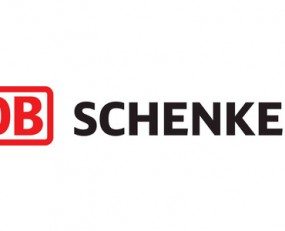
The Korean carmaker Kia and Deutsche Bahn (DB) have partnered up to increase the useable life of batteries used in electric mobility. Their solution is to reuse used lithium-ion batteries from electric vehicles to create efficient and cost-effective energy storage systems for green electricity.
These second-life battery energy storage solutions are modular and can be used in various applications. For example, they can save surplus electricity from photovoltaic systems or, as part of a distributed system, supply power throughout the day to DB maintenance depots and depots where trains are prepared for operations.
“It’s more urgent than ever for us to save power,” says Berthold Huber, Member of the Management Board of Deutsche Bahn for Infrastructure. “Our new second-life battery energy storage systems offer a solution that is also sustainable. And that makes it an attractive option for any industry.”
encore, a corporate start-up of DB Bahnbau Gruppe GmbH, handles the process, from procurement of the used batteries to production. It will begin producing and distributing several hundred battery energy storage systems in 2023. The first pilot project was implemented at the Berlin EUREF campus in July 2022. Additional battery energy storage systems are being installed at various DB locations, including the ICE maintenance depot in Leipzig, the digital test centre in the Saxon town of Scheibenberg, and the Zorneding station in Bavaria.
“As one of the leading brands for electric mobility in Europe, Kia will expand its range of electric cars to 14 models by 2027,” says Jason Jeong, President of Kia Europe. “We’re also investing in sustainable solutions, including solutions for batteries once their first life in the vehicle comes to an end. This groundbreaking partnership between Kia and DB is proof that the two companies think of batteries as valuable resources in a sustainable circular economy,” he added.
Kia dealerships send the batteries directly to encore, which inspects them and analyses them for safety and quality. Battery modules with enough remaining capacity will become second-life battery energy storage systems, and encore sends any that do not have enough life left to be recycled appropriately.
The batteries and new energy storage units are transported throughout Europe mainly by DB’s logistics affiliates, DB Schenker and DB Cargo. However, there are strict legal requirements for transporting and storing battery modules, such as labelling and temperature control during transport, which makes proper transport especially complex.
“Batteries are the backbone of the global move toward electrification in the mobility sector. encore has developed an exciting solution to give old batteries a second life,” says Christian Moser, Global Solution Manager for E-Mobility at DB Schenker. “We are delighted to support this innovative project with our services tailored specifically to battery logistics,” he adds.
Source: DB Schenker